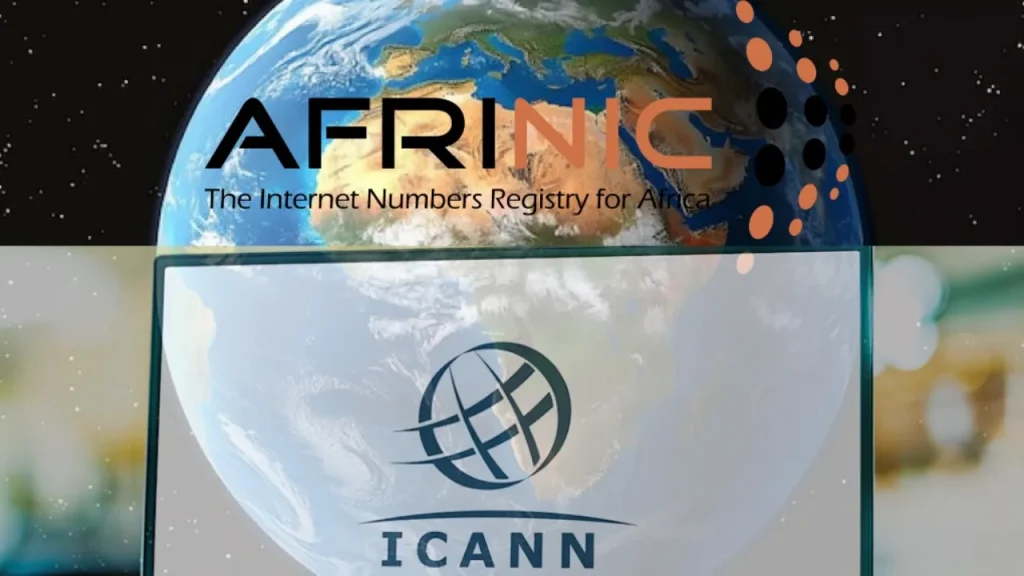- ICANN’s oversight of AFRINIC highlights governance breakdowns, exposing risks to Africa’s digital sovereignty and registry trust.
- Mauritius’s unconstitutional election annulments undermine AFRINIC’s neutrality and erode the global Internet governance framework.
A tense partnership: ICANN’s role in AFRINIC’s governance crisis
As AFRINIC’s governance falters, the relationship with ICANN has devolved into a fraught interplay between authority and autonomy. In March 2025, ICANN emphasized the critical nature of AFRINIC’s resource assignments—pointing out that continued smooth distribution of IP addresses is indispensable for Internet functionality and must proceed irrespective of AFRINIC’s internal governance stalemate.
In June 2025, ICANN formally demanded transparency and fairness in AFRINIC’s board elections, citing suspicious member registrations and questionable nomination committee decisions. But did it have the authority to demand such things from a community-led, African organisation?
ICANN’s appeal to the Mauritius Supreme Court saw the court order the Receiver to issue a communique, though it stopped short of reconstituting the NomCom, describing ICANN as interfering unnecessarily and potentially delaying the very important election. This interference by ICANN has led to many commentators saying the organisation, through its new CEO Kurtis Lindqvist, is trying to grab power in a very delicate situation.
AFRINIC’s subsequent communiqué barely addressed the court’s demands, signalling misalignment with both community norms and legal expectations. These events illustrate how ICANN has become an opportunist power-grabber, while AFRINIC’s internal crisis and Mauritius’s executive overreach threaten the RIR’s neutrality and, by extension, Internet integrity in the region.
Also read: AFRINIC: The power dynamics behind Nomination Committees
Also read: Why AFRINIC’s governance matters to the whole internet
Beyond recognition: Upholding Africa’s digital sovereignty through community trust
ICANN’s involvement is rooted in its role as accreditor of RIRs under ICP-2 standards. In response to election irregularities—including power of attorney misuse and access to membership lists—ICANN formally put AFRINIC on notice and warned that compliance review may be necessary. A subsequent letter reinforced that AFRINIC must act impartially and transparently, underscoring that ignoring member concerns would endanger both its status and regional trust.
Meanwhile, the Number Resource Organization (NRO) echoed the importance of open, high-integrity governance as a global imperative for all RIRs. This broader institutional alarm emphasises that AFRINIC’s decay isn’t just a local problem—it puts at risk global confidence in the Internet’s decentralized registry framework. When Mauritius’s courts permit election annulment under political instruction, they weaken the RIR model that depends on legal consistency and community sanction. A governance structure distorted by politics erodes both Africa’s sovereignty over its Internet resources and the global system’s structural credibility.

